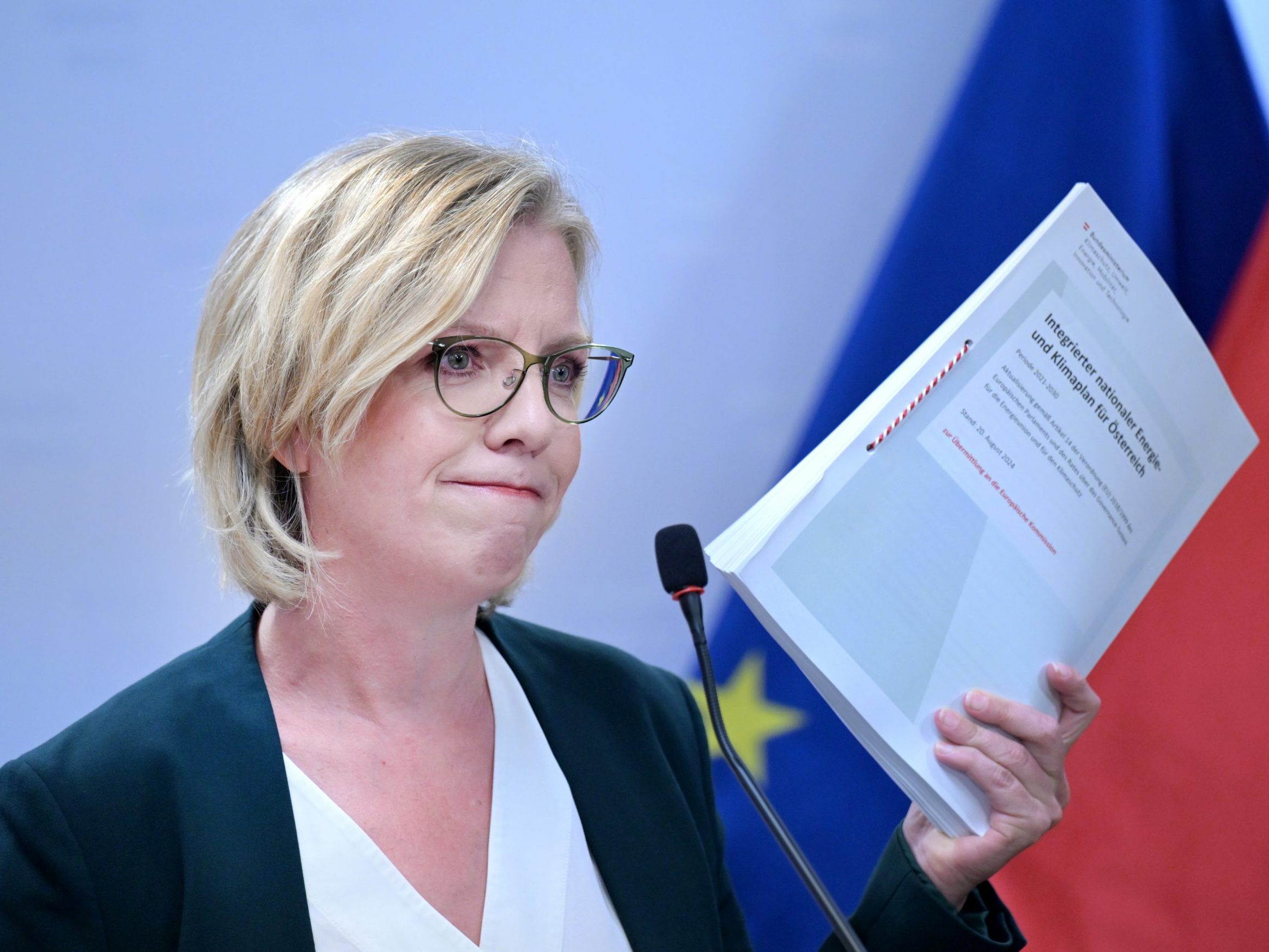Austria Under Pressure: Brussels Demands Swift Implementation of Climate Plan and Fossil Exit

On Wednesday, the European Commission published its final assessments of the National Climate and Energy Plans (NEKP) of the member states in Brussels. In general, the EU is on a good path to reduce greenhouse gas emissions by about 54 percent by 2030 compared to 1990. Austria must now quickly implement its final national energy and climate plan, emphasizes the Commission in its final assessment of the plan submitted late.
Criticism of Austria's (Non-)Implementation of the Climate Plan
In October 2024, the Commission had published an assessment of the draft of the updated Austrian plan and recommendations for the preparation of the final NEKP. Today, in its final assessment, it criticizes that some of these recommendations were only partially considered in the final Austrian plan, and some not at all.
Today, it recommends that in the Effort Sharing Regulation, the additional measures to achieve the 2030 target (including the reduction of fossil fuel subsidies and the introduction of carbon capture and storage) be implemented in a timely manner. The regulation sets binding national reduction targets by 2030. Part of the domestic emission reduction will be achieved through measures that are not yet fully implemented, according to the Commission.
Fossil Fuels as a Point of Contention Between Brussels and Vienna
Brussels further demands the "clarification of existing subsidies for fossil fuels along with a detailed timetable for their gradual phase-out." Furthermore, the "promotion of thermal renovation of buildings, the use of renewable energies, and the modernization of heating systems" must be implemented quickly. In the area of renewable energies, Brussels recommends the creation of a framework to support renewable energies in all sectors as well as raising awareness among citizens and companies about financing options and system benefits of renewable technologies. In the area of energy efficiency, measures should be taken to achieve the more ambitious energy efficiency targets by 2030 in primary energy consumption.
Late, But Still: Delayed Submission of the Climate Plan
Austria submitted its final updated plan on December 18, 2024, almost six months after the required deadline (June 30, 2024), the Commission also emphasizes again in its document. The reason for the delay was a dispute in the then government coalition of ÖVP and Greens. Due to the missing plan, the Commission had also filed an infringement procedure against Austria, which was closed this March.
(APA/Red)
This article has been automatically translated, read the original article here.





